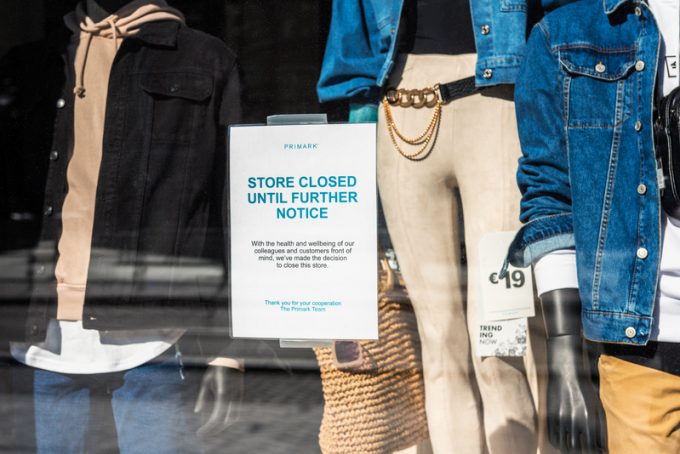GXO claims Wincanton takeover will not hurt UK food retailers
The world’s largest pure-play contract logistics operator (PPCLO), GXO, has argued that its intended acquisition ...

Amid the second wave of the Covid-19 pandemic and new lockdowns, major western buyers are again suspending Bangladesh apparel orders, threatening factory operations.
Retailers which have suspended orders include H&M, C&A, Aldi and Inditex, according to exporters.
“Some buyers have held existing orders, while some have delayed placing new ones,” said chairman of Evince Group Anwar-ul Alam Chowdhury.
He said western buyers had been initially confident that clothes sales would improve by Christmas.
“But as the virus begun spreading severely, leading to lockdowns, they ...
Asia-USEC shippers to lose 42% capacity in a surge of blanked sailings
USTR fees will lead to 'complete destabilisation' of container shipping alliances
Outlook for container shipping 'more uncertain now than at the onset of Covid'
New USTR port fees threaten shipping and global supply chains, says Cosco
Transpac container service closures mount
DHL Express suspends non-de minimis B2C parcels to US consumers
Zim ordered to pay Samsung $3.7m for 'wrongful' D&D charges
Flexport lawsuit an 'undifferentiated mass of gibberish', claims Freightmate

Comment on this article